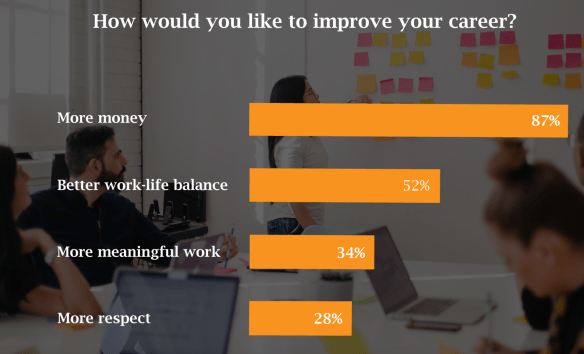In the world of recruiting, most conversations I’ve heard come in coded language. Understanding the true meaning behind these terms can be both revealing and enlightening. Let’s decode a few together:
1. “Offer Pending”
- What it implies: “I’m preparing to extend an offer.”
- What it means: “I’m uncertain about the candidate’s willingness to accept, or they haven’t responded yet.”
2. “Professional References”
- What it implies: “Previous supervisors providing insights about your work.”
- What it means: “References like your parent’s friend or your old coach don’t cut it. My boss wants your previous boss to tell us how great you are versus your priest telling us how great you are.”
3. “Market Offer“
- What it implies: “Salary based on local industry standards.”
- What it means: “We didn’t anticipate market changes; here’s what we can afford based on projections from a couple of years ago.”
4. “Excellent Benefits Package“
- What it implies: “Comprehensive benefits covered by us.”
- What it means: “Similar benefits to others, but ‘Excellent Benefits’ definitely sounds more appealing.”
5. “An “A” Candidate“
- What it implies: “Top-tier talent with impeccable credentials.”
- What it means: “This is the best person (and only person) we could find to accept your marginal pay rate, crappy location, and iffy company culture.”
6. “Niche Recruiter“
- What it implies: “Specialized in specific skills or industries.”
- What it means: “You think you need someone who specifically recruits only for what you are looking for. The reality is a great recruiter can find you whoever you need regardless of skill/industry, but it makes you feel better if we tell you we have that specific niche. So, YES, we are “niche.”
This recruiting jargon effectively masks reality and creates a culture of polite misdirection. We “dance” with each other and tell each other what we want to hear – and we leave with this wonderful false sense of security that everything is fine. Yet, when crucial decisions are at stake, transparency does matter. When in doubt – Speak the truth.


